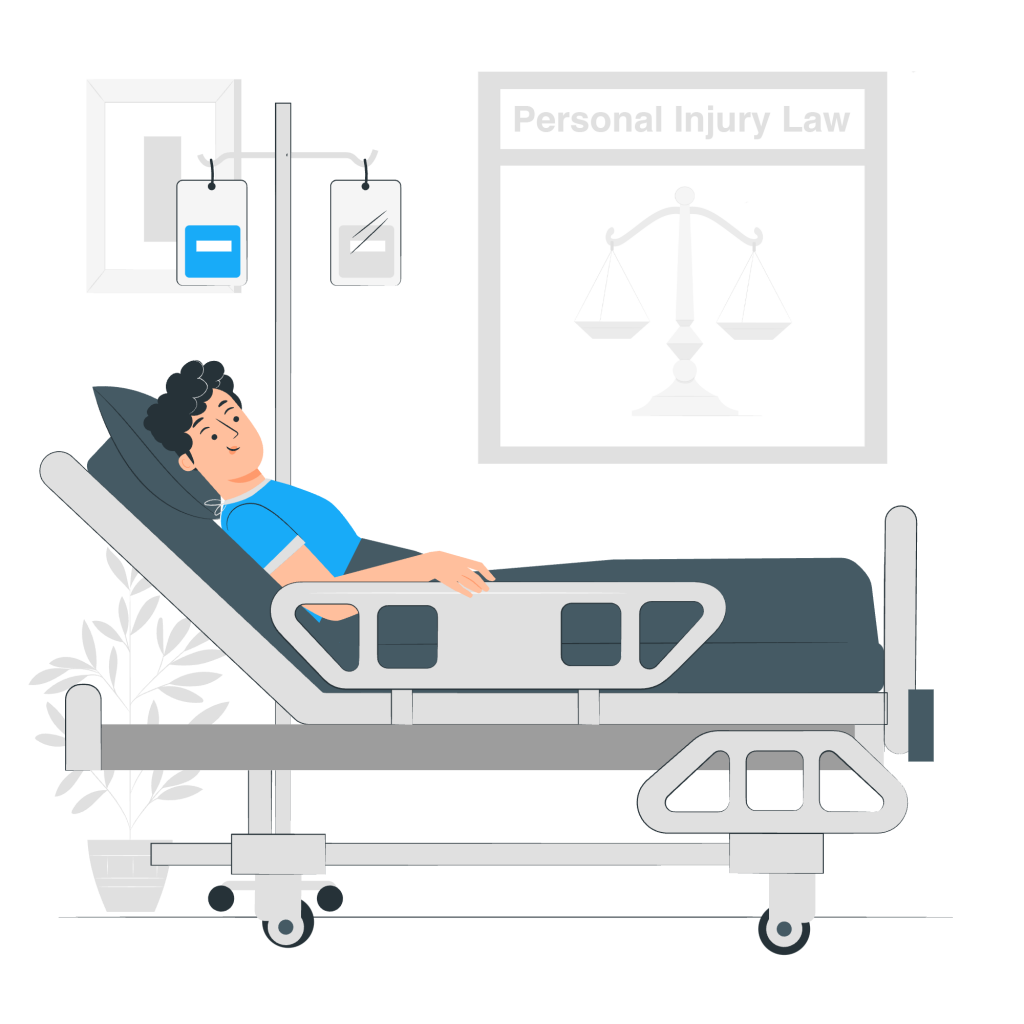How a TBI Influences a Personal Injury Compensation in Aiken?
Traumatic brain injuries (TBIs) are among the most serious injuries individuals can experience in accidents. Since the brain manages nearly all bodily functions, any brain injury can lead to significant challenges in life.
TBIs are not new to residents of Aiken. As one of the largest cities in the Central Savannah River Area, Aiken sees its fair share of accidents. And severe accidents tend to have drastic consequences.
If you’ve experienced a TBI in an accident that wasn’t your fault, you may be eligible for compensation from those responsible. So, reach out to Aiken personal injury attorneys to find out what your options are.
Aiken isn’t just famous for its thoroughbred horses, the cozy city also features Morris Law Accident Injury Lawyers. The law firm serves all over South Carolina, like Columbia, Myrtle Beach, and other locations, in addition to Aiken. The firm is home to some of South Carolina’s best personal injury attorneys, who will put in maximum effort to get victims fair compensation.

How Do People Sustain TBIs?
Various incidents can lead to traumatic brain injuries (TBIs). Some common causes include:
- Motor Vehicle Accidents: Collisions involving cars, motorcycles, bicycles, or pedestrians can cause TBIs due to the impact or contact with a hard surface.
- Falls: Especially common among the elderly and young children, falls from heights, slipping, or accidents at work can result in head injuries.
- Assaults and Violence: Intentional acts of violence, including physical assaults and domestic violence, can lead to TBIs.
- Sports Injuries: Contact sports like football, soccer, and boxing can expose players to head injuries, as can some non-contact sports.
- Recreational Activities: High-impact sports like biking, skateboarding, and skiing can also cause head injuries.
- Workplace Accidents: Certain jobs, particularly in construction and manufacturing, can lead to head injuries from falls, falling objects, or machinery accidents.
- Penetrating Injuries: Gunshots or other objects penetrating the skull can cause severe TBIs.
- Explosions: Explosions, whether from accidents, terrorism, or military combat, can result in TBIs.
- Medical Procedures: In some cases, medical procedures or surgical accidents can lead to head injuries and TBIs.
Factors That Affect a TBI Settlement
Various factors can significantly impact the settlement amount in a case involving TBIs, including:
- Injury Severity: The seriousness of the TBI, whether mild or severe, plays a crucial role. Severe injuries often lead to higher settlements due to increased medical costs, long-term care needs, and a more significant impact on the person’s life.
- Medical Expenses: The total cost of medical care, including emergency treatment, surgeries, therapy, medications, and ongoing care, can influence the settlement.
- Prognosis and Future Needs: Anticipated long-term effects, such as the need for ongoing treatment, rehabilitation, and potential future surgeries, can affect settlement.
- Lost Earning Capacity: Compensation may include lost wages during recovery and potential future earnings.
- Pain and Suffering: Non-economic damages, like physical pain, emotional distress, and the overall impact on quality of life, are considered in settlement calculations.
- Disability and Impairment: The degree of disability or impairment and its effect on daily life and independence help determine damages.
- Loss of Consortium: Damages for the impact of the TBI on relationships with spouses or family members can affect compensation.
How Are Damages Calculated in a TBI Claim?
To calculate economic damages like medical expenses, lost wages, and rehabilitation costs, your attorney can add up your receipts, bills, and estimates to determine a total dollar amount.
Non-economic damages, such as pain and suffering, emotional distress, and loss of quality of life, require legal expertise. These damages reflect the negative impact your traumatic brain injury (TBI) has had and will continue to have on your life.
There are two methods used to calculate non-economic damages for a TBI:
- Per Diem Method: This method involves assigning a daily rate for the pain and suffering experienced by the TBI victim. The daily rate is then multiplied by the number of days the victim is expected to endure pain and suffering.
- Multiplier Method: This method assigns a multiplier between 1.2 and 5 to the total economic damages, based on the severity of the TBI and its impact on the victim’s life. More severe injuries typically warrant higher multipliers.
Get in Touch with a Lawyer Today!
Skilled personal injury lawyers assist you in maximizing the compensation of your TBI claim. With years of experience in personal injury claims, they provide the assistance you need to combat the harsh effects of TBIs.
Try our Debt Resolution solutions today Request a Demo